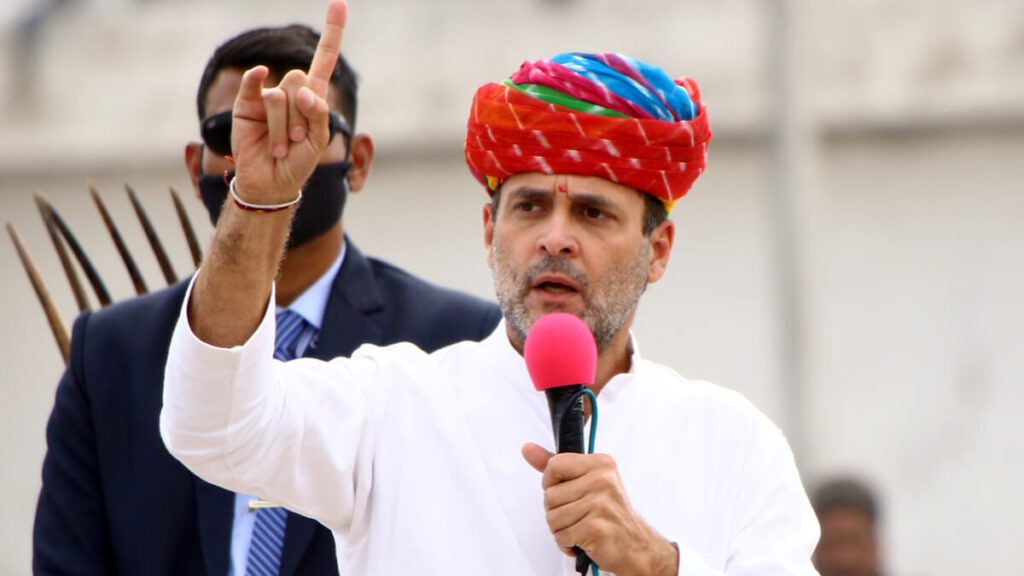
Rahul Gandhi, leader of India’s largest opposition party is back on Twitter.
After being blocked from the social networking site for sharing a photo of himself with the parents of a girl who was allegedly raped and murdered in New Delhi, Twitter decided to reinstate Gandhi and his political community within their digital sphere.
Gandhi’s tweet — which has been shared around by more than 15,000 users is available again worldwide — except in India, as the laws prohibit all types of disclosure that identifies children or victims of sexual assault.
India’s National Commission for Protection of Child Right under legal laws issued a notice to Twitter asking for the removal of the tweet. According to Reuters, the Indian politician had to submit a formal consent from the parents in the image to Twitter to gain back access to the platform.
Gandhi did not stay silent after being unblocked by the social media giant, as he accused the platform on Friday of political bias and working for the advantage of Modi’s government, Gandhi’s all-time rival.
“This is an attack on the democratic structure of the country. It’s obvious now that Twitter is not a neutral, objective platform. It’s something that listens to what the government of the day says,” Gandhi said in a video released to reporters.
This incident marks Twitter’s latest back and forth with the Indian government.
For months now, Twitter has been in a tug of war with India’s legal IT rules which require the American firm to hire an Indian officer to regulate content following the country’s rules. On Sunday, the tech giant completed the hiring of country chief Manish Maheshwari, who was given the new U.S.-based role to address on-ground concerns by his home country.
However, bringing Maheshwari on board to the American firm is not enough to erase the tense history between India and Twitter.
In June, the Indian government warned Twitter of “unintended consequences” if it failed to follow the rules. While in July, India announced that Twitter is officially liable for content posted by its Indian users due to the company’s failure in complying with the country’s new internet rules.
If you thought the relationship between the two entities was already on edge, you should not that it doesn’t end there.
In May, Indian police raided Twitter’s offices in Delhi and Guragon after the site labeled an Indian politician’s tweet about COVID-19 as “manipulative media.”
Yet, in several cases Twitter acted as a friend rather than foe to the Indian government. In February, the tech giant suspended more than 500 accounts and decreased the visibility of some hashtags that drove attention to the widespread farmers’ protest.
In other cases, Twitter also removed tweets that bashed Indian government’s mishandling of the COVID-19 pandemic as the Delta variant took the country by storm.
This isn’t the first time Twitter restricts a politician’s account for publishing tweets that go against community guidelines. However, the reasons always differ.
When the social media giant blocked U.S.-President Donald Trump, it was for the sole purpose of eliminating the spread of false statements that contributed to the storming of the U.S. Capital Building by a flurry of Trump supporters on January 6.
In this case, when Twitter blocked the account of India’s biggest opposition leader, it was for seeking justice for a rape victim.